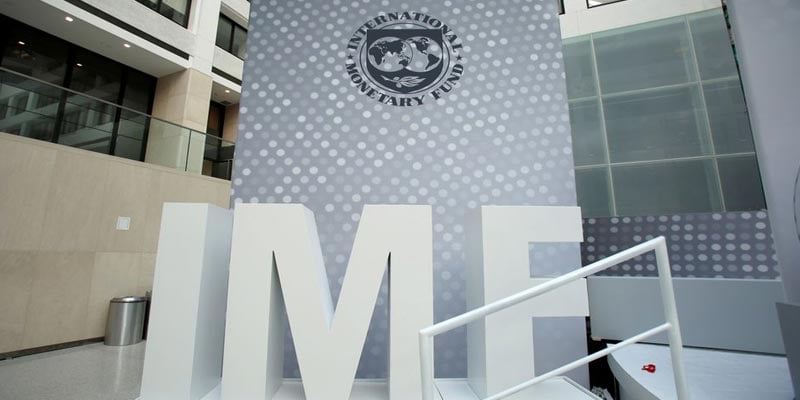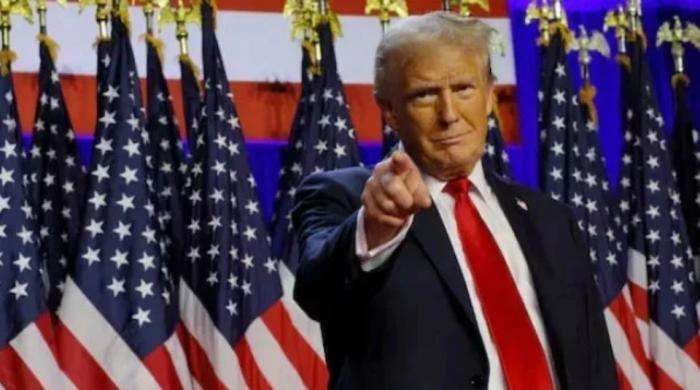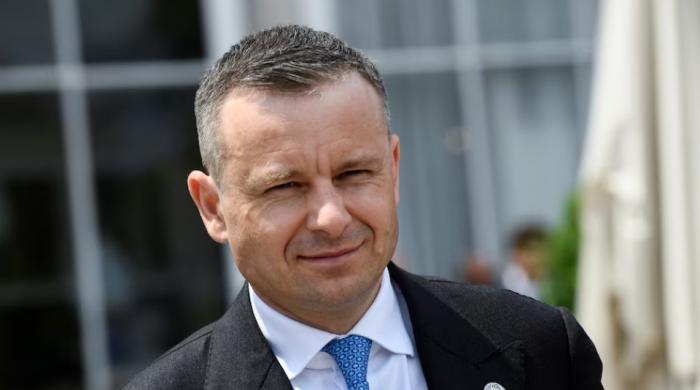Here's a list of all budget measures Pakistan, IMF have agreed on
While significant progress has been made in talks with the IMF, there are certain changes made to the FY23 budget
June 22, 2022

KARACHI: Major progress in talks on the revival of Pakistan’s $6 billion International Monetary Fund (IMF) bailout programme helped soothe markets and slightly lifted the four-month-long period of economic uncertainty that took a heavy toll on the rupee, eroding the confidence of investors.
Resident Representative to Pakistan Esther Perez Ruiz said Wednesday morning that discussions between the Fund mission and Pakistan are underway and major progress has been made regarding the budget for fiscal year 2022-23.
"Discussions between the IMF staff and the authorities on policies to strengthen macroeconomic stability in the coming year continue," Ruiz said.
Read more: PSX gains after Pakistan reaches understanding with IMF
Meanwhile Federal Minister for Finance and Revenue Miftah Ismail confirmed: “Pakistan and the IMF locked the budget details and achieved substantial progress on finalising budgetary targets for 2022-23".
"Now the Memorandum for Economic and Financial Policies (MEFP) will be shared by the IMF soon,” the minister said.
The statements came as Pakistan's economy teeters on the brink of a financial crisis, with foreign exchange reserves drying up fast and the Pakistani rupee at record lows against the US dollar amid the uncertainty surrounding the IMF programme.
The IMF has also conceded some ground and retreated from its earlier demand to impose Rs30 per litre petroleum levy and 10.5% sales tax with effect from July 1.
It has been agreed between both sides that the Rs10 per litre petroleum levy will be imposed from July 1 and after that, it will be increased by Rs5 per month until it reaches the maximum threshold of Rs50 per litre. The GST will not be imposed immediately on petroleum products.
Read more: Pakistani rupee recovers against US dollar on 'broad agreement' with IMF
While significant progress has been made, there are certain changes that the IMF has made in the federal budget which was unveiled by Miftah on June 10. Some of those include:
- Increase in the size of the total budget outlay
- Revision in Federal Revenue Board’s (FBR) tax collection target
- Imposition of poverty tax
- Changes in income tax slabs
According to details available with Geo.tv and Ismail Iqbal Securities, here is a complete list of proposed changes in the federal budget for the next fiscal year 2022-23 after discussions with the IMF.
Item | Budget | Revised |
| Budget outlay increased | Rs9,502 billion | Rs9,900 billion |
| Change in FBR's collection base in FY22 | Rs7,004 billion | Rs7,442 billion |
| Poverty tax to be imposed in slabs | >Rs300 million, 2% tax | >Rs150 million, 1% tax >Rs200 million, 2% tax >Rs250 million, 3% tax >Rs300 million, 4% tax |
| Pension target revised | Rs530 billion | Rs609 billion |
| Civilian govt expenditures revised | Rs550 billion | Rs600 billion |
| Gas Infrastructure Development Cess collection target reverted due to litigation | Rs200 billion | No target set |
| Custom duty collection target revised | Rs953 billion | Rs1,005 billion |
| Increase in personal income tax target | Rs47 billion relief | Not available |
| Annual tax exemption limit revised | Rs1.2 million | Rs600,000 |











